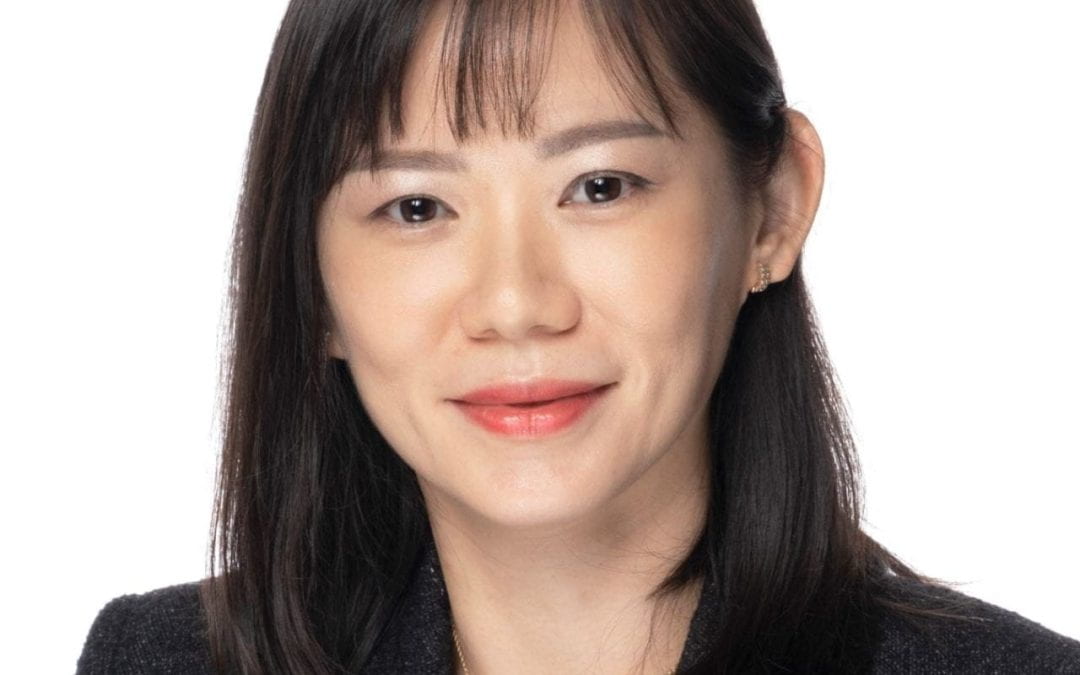
Thriving at the intersection of tech and people with the Nanyang EMBA
Graduate Studies Blog
NANYANG EXECUTIVE MBA
Thriving at the intersection of tech and people with the Nanyang EMBA
In a world that is increasingly tech-based, it might seem paradoxical or even futile for leaders to invest more in soft skills. But Audrey Su, a Nanyang Executive MBA (EMBA) participant, explains: “No matter how advanced the technology, it will always be limited by the creativity and the soft skills of the ‘operator’.”
It’s true that leaders must develop their familiarity with different kinds of technology to remain relevant. But without skills like critical thinking, people management, and remaining calm under pressure, they won’t be able to leverage those new tools successfully.
Standing at the intersection of technology and people
In her early career as a Credit Analyst at Apple Computers, Audrey led collections for Hong Kong, China, and India through traditional methods like emails and phone calls. But as time progressed, more and more of Audrey’s day was spent acting as a bridge for customers: explaining technical aspects of billing, invoices, payment terms, the financial software, and even chasing payments in a diplomatic way.

“I’ve always loved meeting new types of people and learning all I can from them. I was happy to embrace the challenges that come with managing tech and people. Much of my career growth can be attributed to my appreciation for the relationships formed within and beyond the workplace.”
Audrey Su
Senior Director, International AR Operations
Salesforce
EMBA Class of 2023
In 2011, Audrey was offered a role at Salesforce — and she has been there ever since. She was promoted to Senior Director of International AR Operations in July 2022. Earlier, she was Director of EMEA and APAC AR Collections.
Knowledge that can help executives handle growing demands
As a leader in Salesforce, Audrey has been tasked with developing her team’s skills and identifying ways that technology can be better integrated into current processes. This role became much more challenging during the pandemic.
Audrey decided to pursue an EMBA degree from Nanyang Business School (NBS), part of Singapore’s Nanyang Technological University, to better ensure her team’s resilience and lead the usage of new frameworks, technologies, and tools in a digital era.
“I chose the EMBA at NBS because I wanted an education which aligned with my values and expectations,” explains Audrey. “Many of the lessons the professors teach are backed by decades of their own research. Beyond that, they genuinely care about students and encourage us to care for our teams and employees.”
Working in Singapore or Southeast Asia invariably exposes individuals to people from many different backgrounds, and it’s essential to lead with cultural intelligence and sensitivity. In class, Audrey and her fellow students learn the techniques and perspectives needed to build genuine connections. The on-site modules at University of California Berkeley and Tsinghua University then showcase how the techniques are put into practice within different business environments, training them into more confident and communicative leaders.
Finally, Audrey was also drawn to the EMBA because of the overseas modules at Tsinghua and UC Berkeley. Most of her career has been spent within Singapore; she has always been curious about the fiscal environments and best practices of foreign markets like China. The EMBA programme presents her with a unique opportunity to explore a broad new world of ideas and situations.
A balanced skillset for the future of business
In the future, leaders will spend more time connecting with people. They might be called to resolve conflicts within teams or serve as the direct point person for important stakeholders. Most importantly, they will be responsible for linking humans through tech to facilitate growth and innovation.
Audrey is excited about the new stage of her career that has already begun to unfold since the start of the EMBA. Already, she has shared what she has learned with her team: on a daily basis, they collaborate to implement data analysis, artificial intelligence, and machine learning at work. She expects to see even more creative uses of technology to empower people to achieve business growth.
“Succeeding as a senior leader in the future is all about balance. As individuals, we need to balance our professional life, personal life, and our hobbies. At work, we will need to balance the humane aspects of business with the rapidly developing technical aspects.” It’s a challenge she is prepared to face thanks to the EMBA.


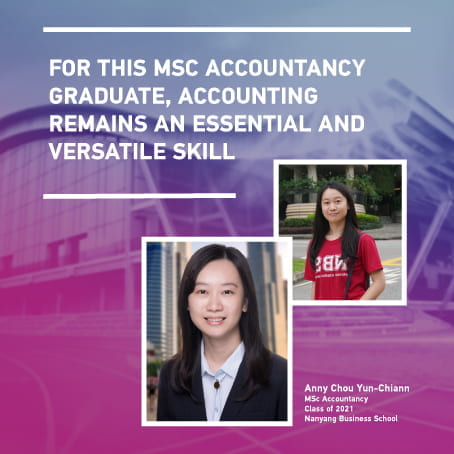





 As he begins the first few months of his MBA experience, Sheng Wei considers it “a personal achievement that I always wanted to hit.” He entered the programme under the general management track; plans are in motion to switch to the sustainability and innovation track, which “will be very prominent and will be required regardless of the industry you go to.”
As he begins the first few months of his MBA experience, Sheng Wei considers it “a personal achievement that I always wanted to hit.” He entered the programme under the general management track; plans are in motion to switch to the sustainability and innovation track, which “will be very prominent and will be required regardless of the industry you go to.”

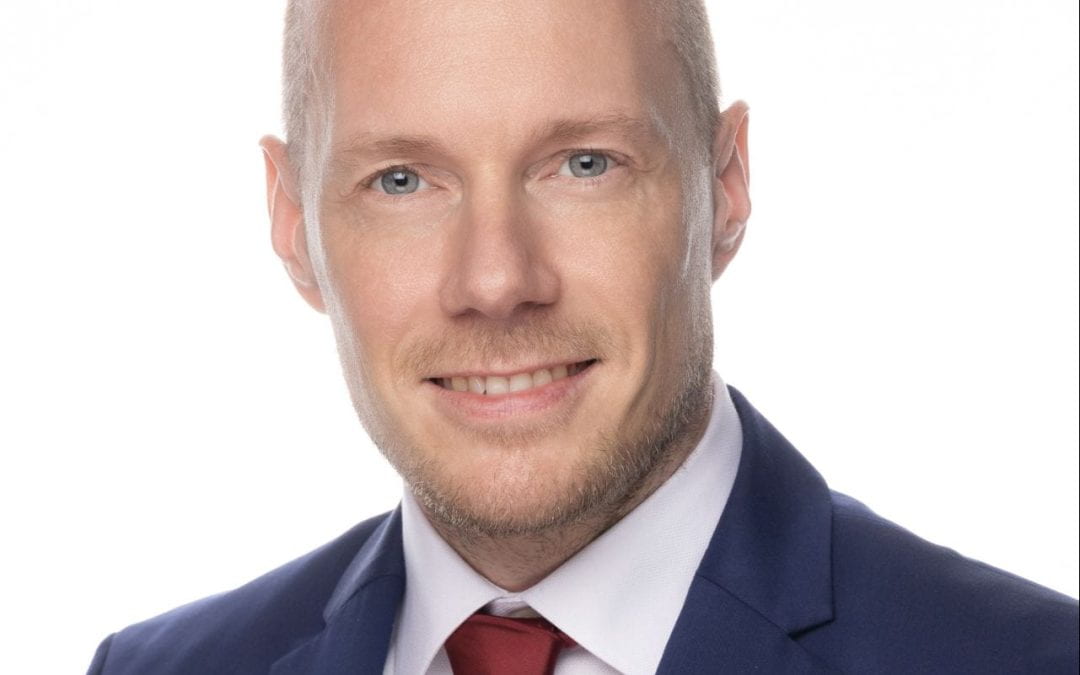
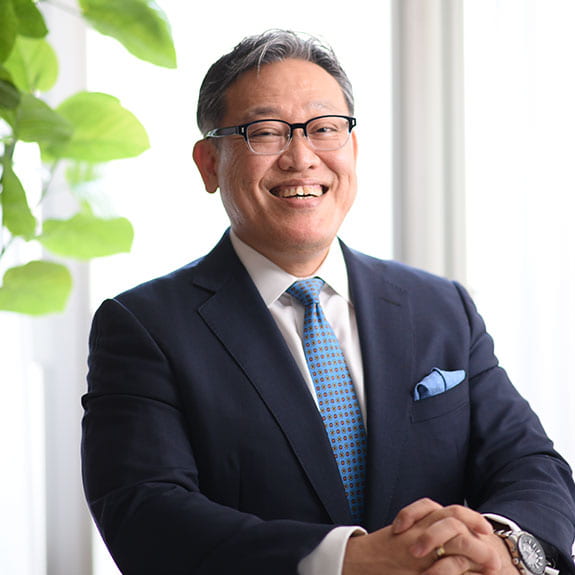








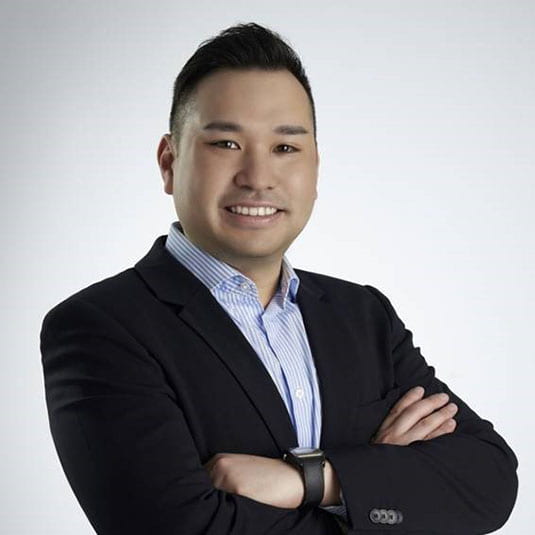
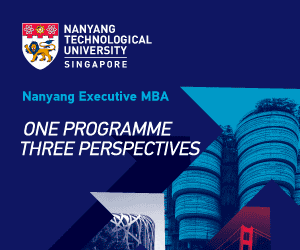
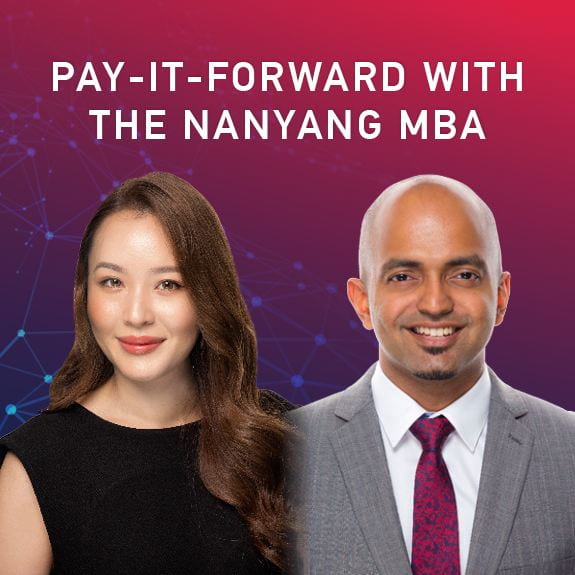








You must be logged in to post a comment.